加入 getAbstract 阅读摘要

加入 getAbstract 阅读摘要
Mark Manson
How Your Insecurity Is Bought and Sold
Mark Manson, 2016
看看什么内容?
M arketing may drive capitalism, but it doesn’t have to drive you.
Recommendation
Beyond the basic necessities required for survival – food, water, shelter and basic clothing – why do human beings always want more? The answer is that modern marketing does its best to make people feel terrible and then offers them products as a “solution.” Author, blogger and entrepreneur Mark Manson explores the history of marketing tactics, analyzes the intrinsic link between marketing and capitalism, and argues that effective regulation of marketing’s messages lies not in government action, but with that of individuals. getAbstract recommends this compelling article to everyone interested in modern marketing’s history and tactics, as well as those concerned with their influence on society.
Summary
About the Author
Mark Manson is an author, blogger, entrepreneur and personal development consultant who offers “self-help for people who hate self-help.”












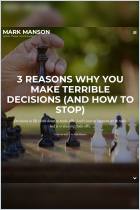
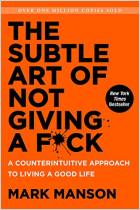

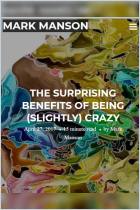



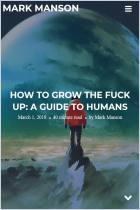
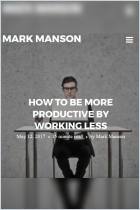





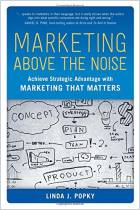
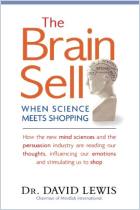








Comment on this summary
What really made me think about this article was how omnipresent that negative message actually is. And I like to think I don't see most of the ads anymore, but maybe the ads I think I don't see are even more dangerous than the ones I do see.